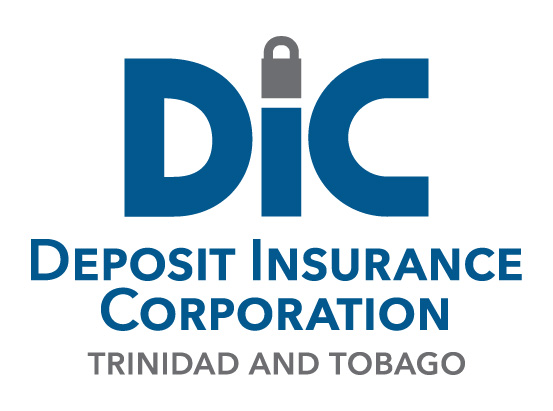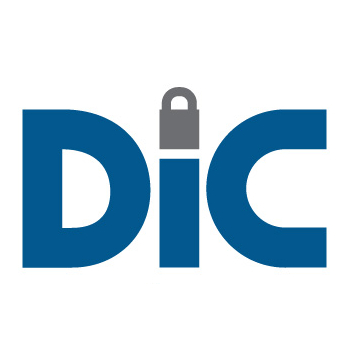The Deposit Insurance Corporation (DIC) was established by the Central Bank and Financial Institutions (Non-Banking) (Amendment) Act, 1986 which amended the Central Bank Act Chapter 79:02.
The DIC insures depositors in all institutions licensed to operate under the Financial Institutions Act 2008. Depositors in all licensed financial institutions are insured up to a maximum of TT $200,000. Only deposits held in Trinidad and Tobago and payable in Trinidad and Tobago dollars are insured.
The DIC is financed mainly by contributions and annual premiums levied on licensed member institutions. The DIC is empowered to borrow and special premiums may be levied on all member institutions should the demand on the Fund exceed its resources.
The Deposit Insurance Corporation manages and invests the Fund and is thus able to provide insurance coverage for deposits.
Deposit insurance is payable only when a bank or other such institution licensed to operate by the Central Bank has been “closed by or with the approval of the Central Bank as a result of financial difficulties.” It must, however, be noted that this payment is made only when a depositor has made a claim supported by proof.
The depositor must submit a claim to the DIC within one year from the date of closure and the payment of the insurance must commence not later than three (3) months after closure.
Claims are processed by the Deposit Insurance Corporation, and payments depending on volume, may be effected through agent banks or by the Deposit Insurance Corporation itself.
In addition to this insurance function the DIC is empowered to act as the Liquidator or Receiver of failed member institutions. This role complements that of insurer and administrator of the Fund, as the efficient realization of assets permits the Fund to recoup the Insurance monies paid out, which by statute enjoy a preferential status.




